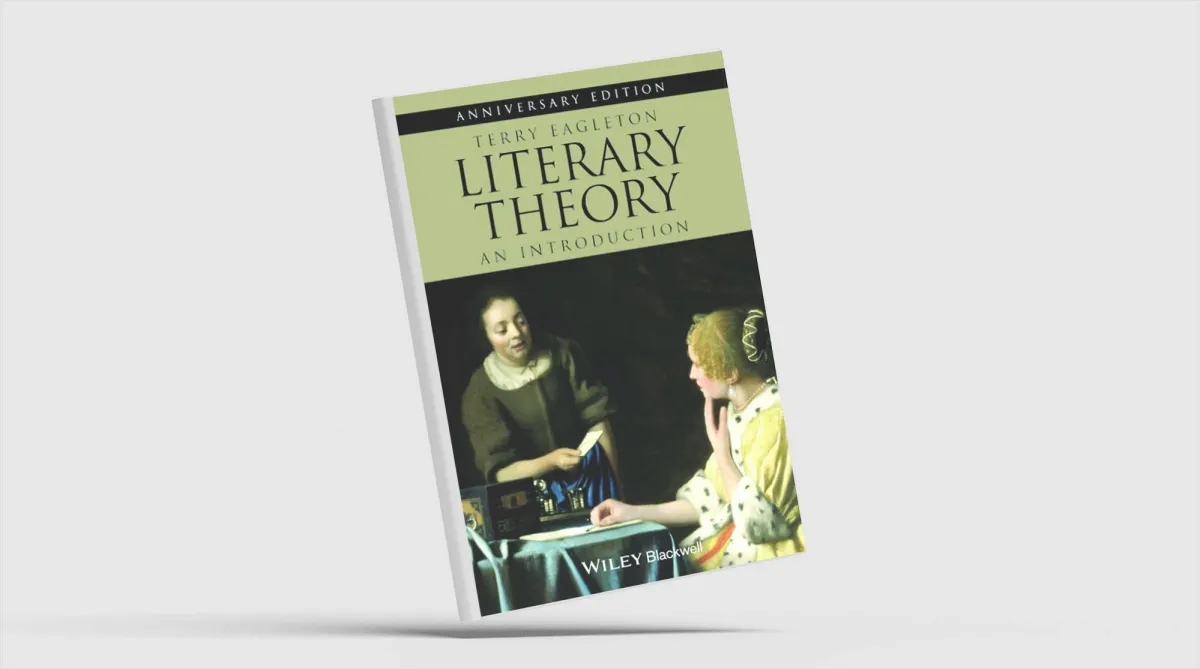Introduction to Literary Theory
Literary theory is a crucial aspect of understanding literature and the literary craft. It provides a framework for analyzing and interpreting literary texts, and it has evolved significantly over the years. In this article, we will explore the development of literary theory, its key concepts, and its relationship with cultural theory.
The Early Days of Literary Theory
When I first became interested in literature, I realized the importance of familiarizing myself with literary theory. Working in any field of knowledge without theoretical guidelines is a fundamental error. Literary theory starts from a view of literary history and literary criticism. My early readings on literary theory were unsystematic, and I read books by authors with different backgrounds and orientations, such as Sartre, TS Eliot, and FR Leavis.
A Turning Point in Literary Theory
The big turning point for me came after reading the book "Theory of Literature" by Rene Wellek. Although the book was academic, it was exciting and stimulating to read. I was convinced that combining the reading of "The Theory of Literature" with Wellek’s other book on the history of modern literary criticism would provide a solid foundation for working in the field of literature.
The Evolution of Literary Theory
Literary theory has taken a new path since the late 1970s, when cultural theory began to be seriously anchored in literary theory. There was a general trend toward the acculturation of literary theory, and in subsequent years and decades, there was a clearer and more effective trend toward making literary theory a stream within the stream of cultural theory. Literary criticism has declined sharply, and we can no longer expect to see the birth of a critic of the caliber of Leavis or Wellek.
Key Texts in Literary Theory
Any new cognitive activity requires basic books. Some of the most important foundational texts for the field of cultural studies include "Culture and Society" by Raymond Williams, "Literary Theory: An Introduction" by Terry Eagleton, and "Literary Theory: A Very Short Introduction" by Jonathan Culler. These books connect literary theories with cultural debates that have become an integral part of acculturation.
A Recommended Textbook
If I had to suggest a reference book to illustrate the interactive interaction between cultural theory and literary theory, I would choose "Literary Theory: The Basics" by Hans Bertens. The book is an introductory introduction for students or readers interested in understanding contemporary literary trends and theories. It provides a clear language that avoids excessive theoretical professionalism, as well as a historical ordering of ideas.
The Acculturation of Literary Theory
The extent of acculturation in "Literary Theory: The Basics" can be seen by examining the themes of its chapters. The book discusses the nature of reading a literary text, dividing two approaches: reading for meaning and reading for form. It also addresses the political reading of literature from the perspective of class, gender, and race, as well as post-structuralism, postmodernism, and postcolonialism.
The Latest Edition
The fourth edition of "Literary Theory: The Basics" focuses on topics such as "Digital Humanities" and expands them to include "Posthumanism," "Postmaterialism," and "Animal Studies." It draws attention to contemporary challenges to theory, including how theory is changing in the face of revolutionary technological developments, environmental change, and postclassical literary theory.
Conclusion
In conclusion, literary theory is a vital aspect of understanding literature, and it has evolved significantly over the years. The recommended textbook, "Literary Theory: The Basics" by Hans Bertens, provides a solid foundation for understanding contemporary literary trends and theories. It is an essential resource for anyone interested in literary acculturation, and it serves as a starting point for further exploration and development.

